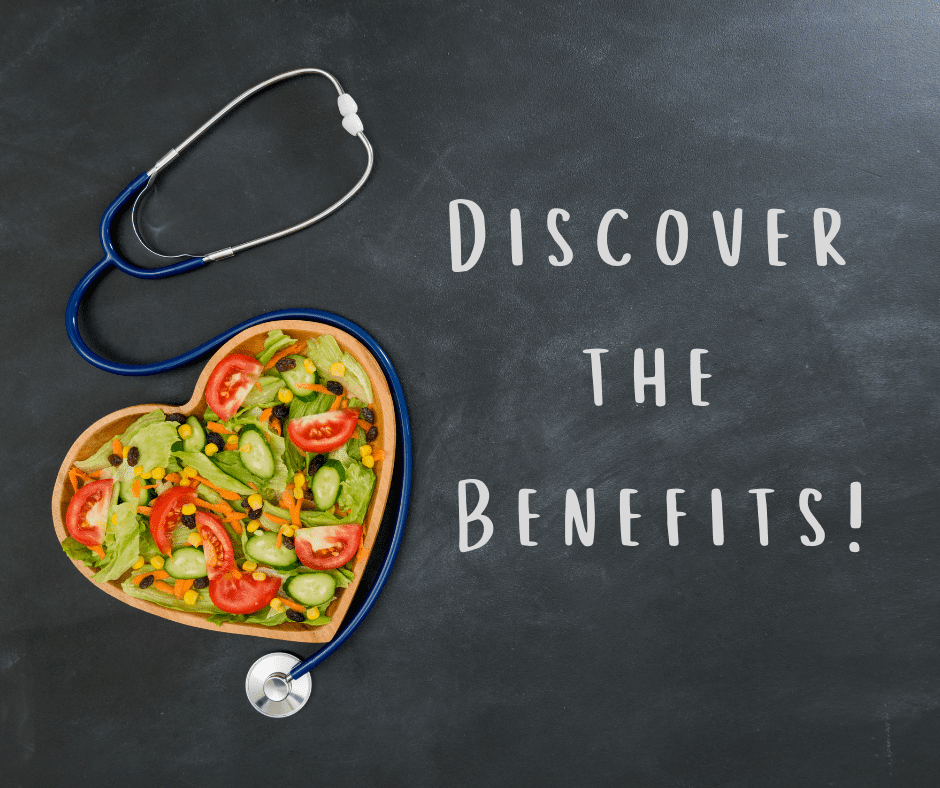The word “ketosis” has gained quite a bit of popularity in recent years due to keto diets. But what does ketosis mean? I get asked this question quite often.
Nutritional ketosis is when your body uses fat as a fuel rather than carbohydrates or glucose. This is a great way to do fat burning! So how do you get into a state of ketosis?
To understand this, let’s talk about glucose first. Your body normally uses glucose for day to day energy, or fuel. For instance, say you eat a piece of bread, which is mostly carbs. Now when this piece of bread is digested, it is broken down into small glucose molecules which are used by all of your individual cells in your body for energy. So, if you regularly eat carbs day to day, you supply your cells with all the fuel needed in the form of glucose.
Now, let’s change that scenario. What if you significantly reduce the carbs and replace them with proteins and good fats. Now your body does not have the carbs for day to day fuel. Where does it turn to for energy? Well, it first uses up the glucose that is stored in your liver. When this is used up in a couple of days, your body then turns to fat for its fuel. In fact, fat is a wonderful energy source for your cells. Unfortunately, you may not give your body a chance to use fat for energy, especially if you provide it with a constant supply of carbohydrates each day.
So now you understand what ketosis is. When you burn fat, your body makes something called ketones, which is the fuel your body uses. But, is ketosis a good or a bad thing? And, what are the benefits of ketosis?
The ketogenic diet was originally developed to treat children with epilepsy. But it is also known that a ketogenic diet can help you lose weight and make you less hungry. It also helps to keep your muscle mass intact. Ketosis usually kicks in in 3-4 days after eating less than 50 grams of carbs per day. Studies show that ketogenic diets can lower your risk of heart disease, type 2 diabetes, and insulin resistance. During the first week of a keto eating plan, you may feel some temporary side effects such as headache, fatigue, brain fog, irritability, constipation, and even some trouble sleeping.
So how do you know if you are in ketosis? It can be checked in 3 ways, via blood, breath, or urine. Blood testing is the most accurate, but urine testing is easier. Breath testing is also an option, but it isn’t as accurate. For most people, when checking the urine for ketones, a light to optimal level of ketosis is fine for weight loss purposes.
And one final thing, don’t confuse ketosis and ketoacidosis. While ketosis is safe method of fat burning, ketoacidosis is when the body produces a dangerous amount of ketones, often seen as a complication in Type I diabetes. So, whether you are interested in losing weight or looking for some health benefits, a ketogenic eating plan may be beneficial for you – especially when done correctly and under expert guidance. If you are looking for such expert guidance, my team and I are here for you. To get started or learn more, reach out to us at https://healthymeweightloss.com/contact-us/ We are excited to meet you and help you achieve your weight loss and health goals.





